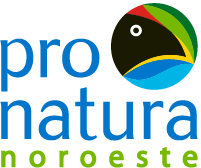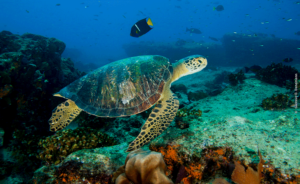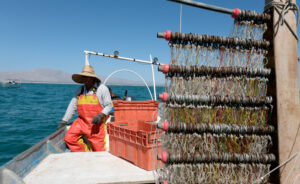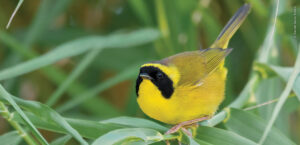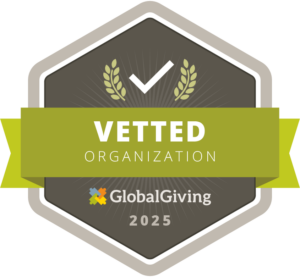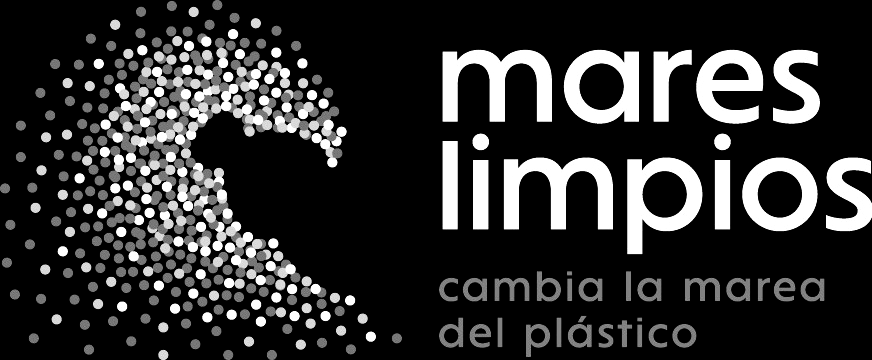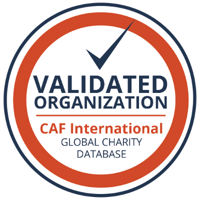Caring for our seas is a lot more than just cleaning beaches and banning fishing of endangered species. Our objective, and that of any responsible society, is to harmonize human development and conservation. That is why we have been promoting public policies for sustainable fishing activities for over three decades.
In order to be lasting and viable, a policy on the use of fishery resources requires an effective management program based on scientific foundations, to minimize negative environmental interactions with other species and the ecosystem. This implies the presence of specialized and committed personnel in the protected natural sites, as well as the involvement of fishermen and the community, within a framework of modern and efficient governance.
Mexican laws recognize fishery management plans as an essential public policy tool. Their application has national relevance, as acountry with more than 15 thousand kilometers of coastline. According to INEGI, about 200,000 people are currently engaged in fishing and aquaculture activities in Mexico. The enforcement of a sustainable fishing policy also ensures the well-being of millions of people, in addition to mitigating the environmental impact.
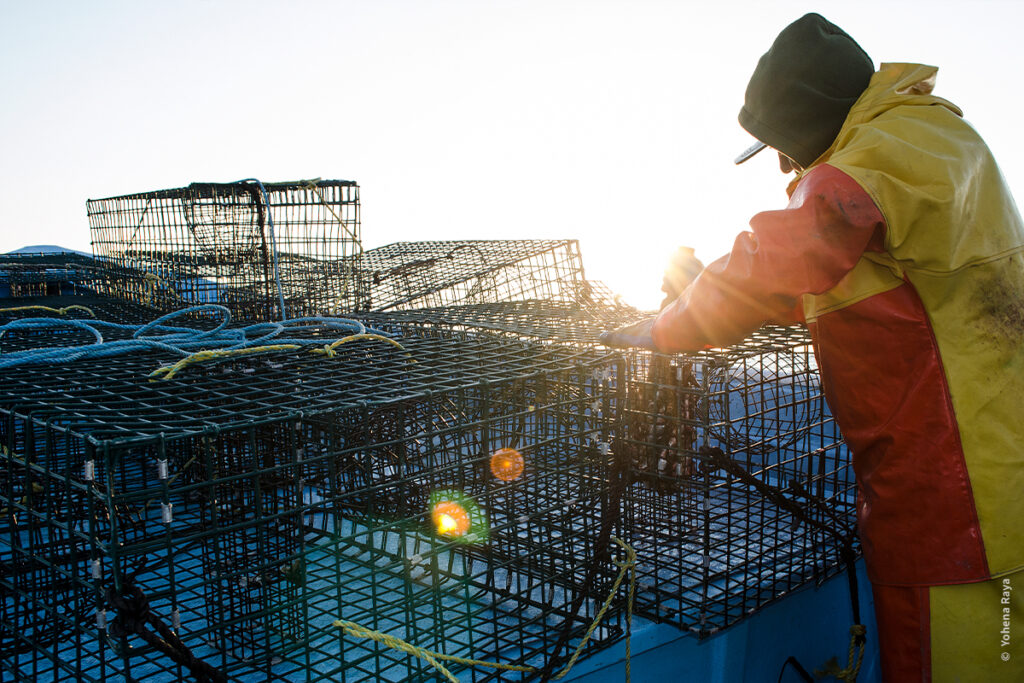
For this reason, we are promoting Fishery Improvement Projects (FIPs), based on international standards such as those set by the Marine Stewardship Council (MSC). In recent years we initiated FIP development for several species in the northwest of the country, such as the Red Sea Urchin (Mesocentrotus franciscanus), the Red Lobster (Panulirus Interruptus) and the Verdillo (Paralabrax nebulifer). We do this in permanent collaboration with producers and with the population of each ecologically important site, who seek to ensure these fisheries obtain the sustainable fishing certificate granted by the MSC.
We also believe fishery policies based on incentive-based management are more likely to be successful. In any case, FIPs are a space for open participation so fishermen and fisherwomen can work together with authorities, academia and civil society for the benefit of ecosystems and fishing activity in the long term. As a central element to strengthen economic and environmental factors related to fishery resources, FIPs have social and productive participation.
Finally, we can mention other fishery improvement projects that we facilitate as Pronatura Noroeste, such as the multi-specific flake fisheries in the San Cosme-Punta Coyote corridor, in Baja California Sur, and the Upper Gulf of California, as well as the Clam fishery in Sinaloa. We also serve as technical advisors in the Green Crab (Callinectes bellicosus) fishery in Sonora.
We invite you to learn about our work to strengthen fisheries policy in northwestern Mexico.
